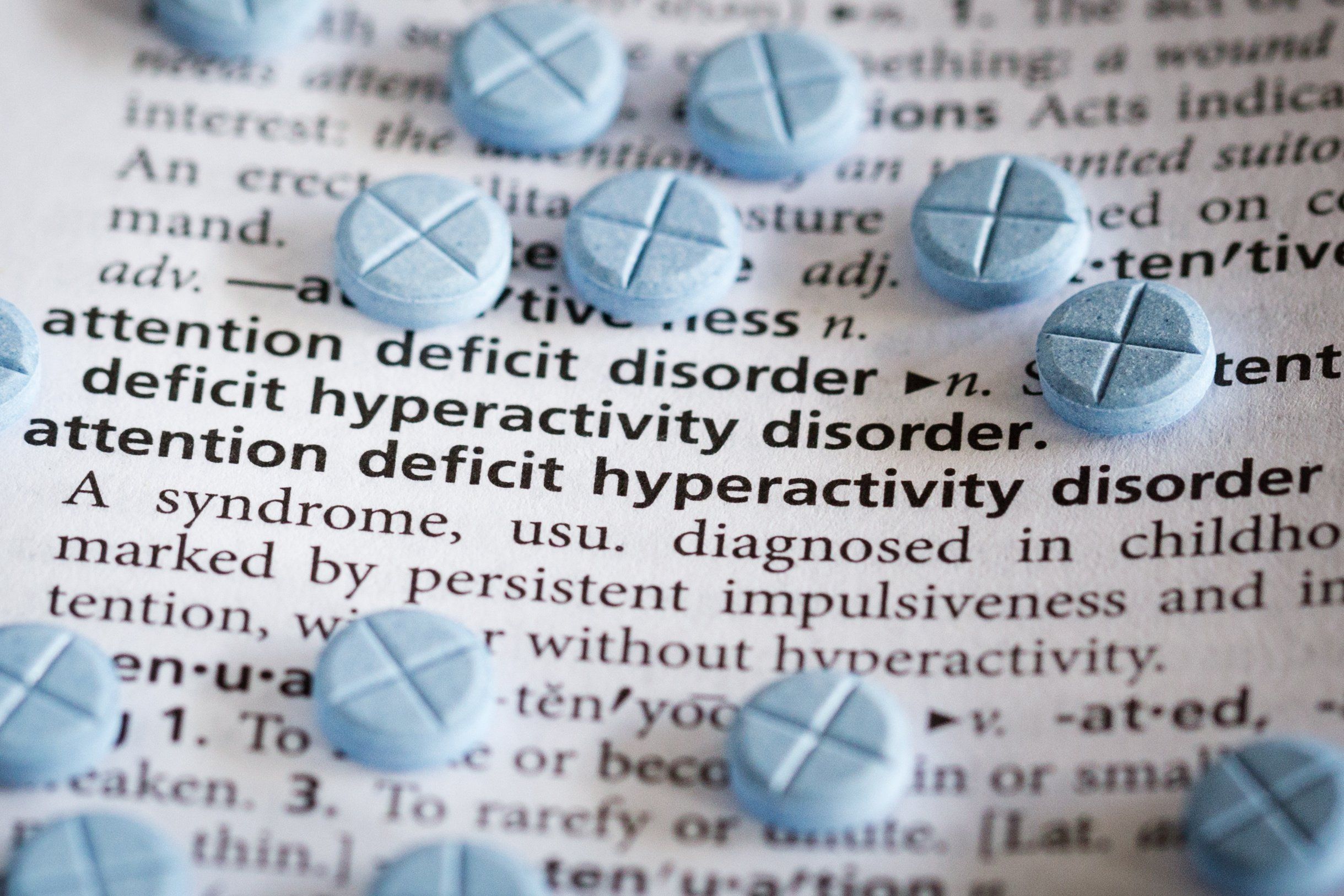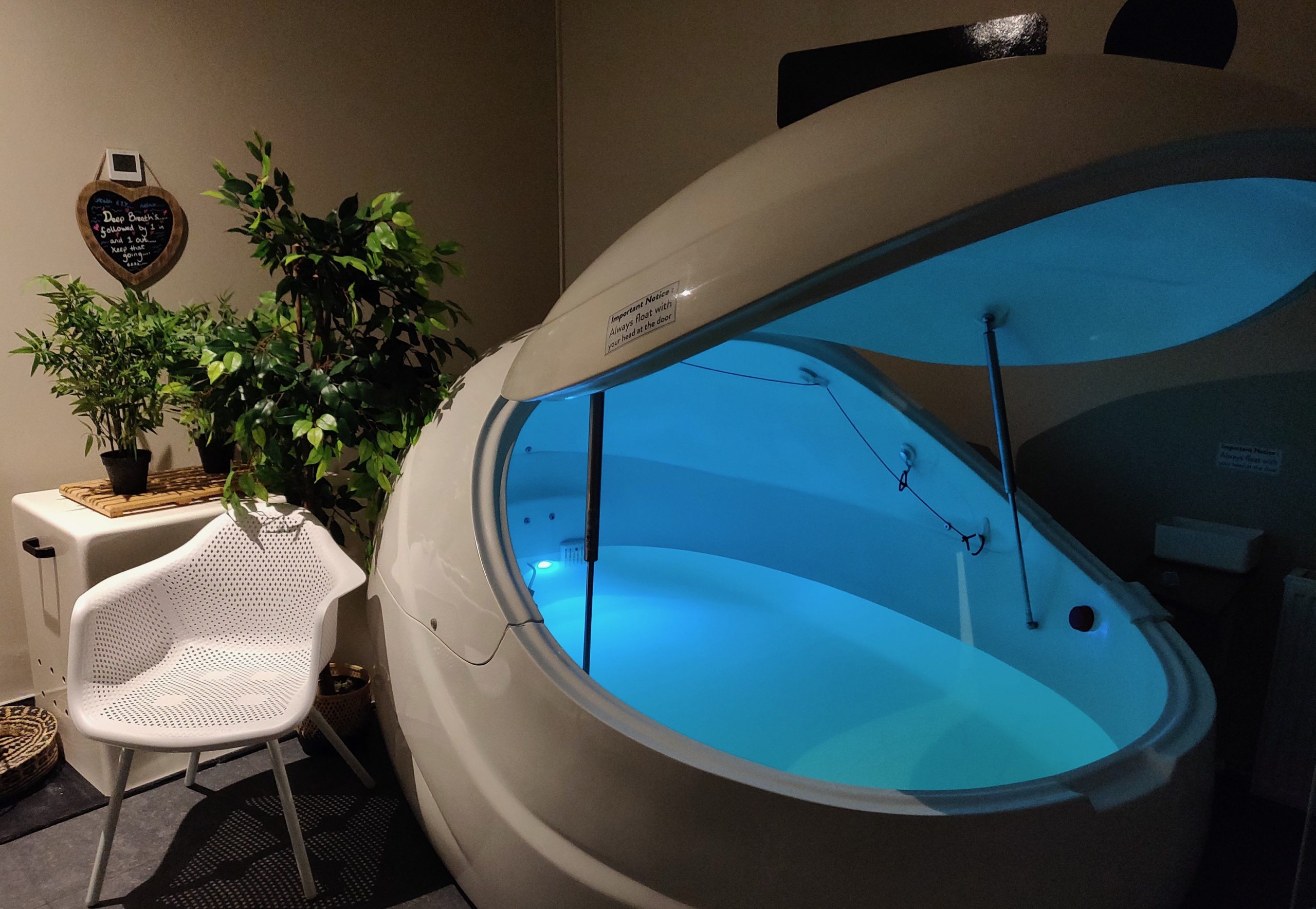
Smoking may not only harm the smoker and those who breathe in the secondhand fumes, but also their future children. New research suggests that boys who smoke in their early teens risk passing on harmful genetic traits to future children. The study probed the genetic profiles of 875 people between 7 and 50 years of… read on > read on >






























